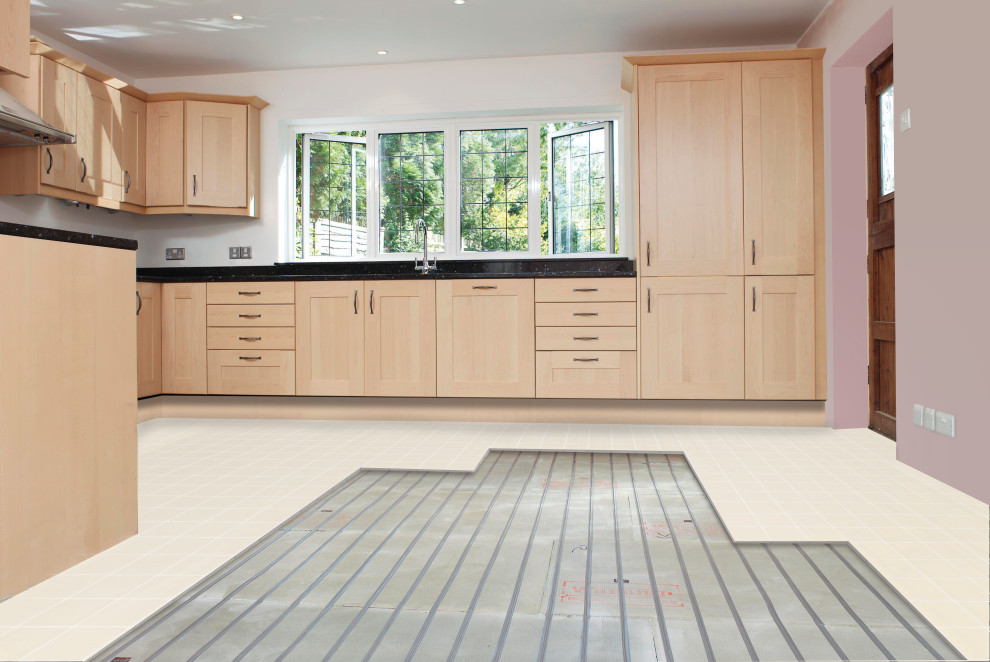What's on the inside counts...

When it comes to tiling a surface, the type of adhesive and grout you choose can significantly impact the quality and longevity of the tile installation. There are various types of tile adhesives and grouts available in the market, each with its unique features and benefits. In this blog, we will discuss the most common types of tile adhesives and grouts along with their pros and cons.
Types of Tile Adhesives:
- Cement-based Tile Adhesive: This is the most commonly used type of tile adhesive. It is a mixture of cement, sand, and polymers that provide excellent bonding strength. Cement-based adhesive is suitable for tiling on floors and walls, both indoor and outdoor. It is also ideal for areas that are prone to moisture and high traffic.
Pros:
- Strong bonding strength
- Suitable for a wide range of surfaces
- Good resistance to moisture
Cons:
- Longer setting time
- Requires precise mixing to achieve optimal results
- Epoxy Tile Adhesive: Epoxy tile adhesive is a two-part adhesive that provides exceptional bonding strength. It is commonly used for heavy-duty tiling applications such as industrial areas, swimming pools, and other high-traffic areas.
Pros:
- Excellent bonding strength
- Resistant to chemicals, moisture, and temperature fluctuations
- Suitable for a wide range of surfaces
Cons:
- Higher cost compared to cement-based adhesive
- Requires precise mixing to achieve optimal results
- Organic Tile Adhesive: Organic tile adhesive is made from natural materials such as linseed oil and vegetable resins. It is an eco-friendly option and is commonly used for tiling on walls and floors.
Pros:
- Environmentally friendly
- Easy to use
- Suitable for a wide range of surfaces
Cons:
- Longer drying time
- May not be suitable for heavy-duty applications
Types of Tile Grouts:
- Cement-based Grout: Cement-based grout is the most commonly used type of grout. It is made from a mixture of cement, sand, and water, and is suitable for filling gaps between tiles on floors and walls.
Pros:
- Strong and durable
- Resistant to moisture and stains
- Suitable for a wide range of surfaces
Cons:
- Susceptible to cracking and shrinking over time
- Requires proper sealing to prevent moisture penetration
- Epoxy Grout: Epoxy grout is a two-part grout that provides exceptional strength and durability. It is commonly used in areas where high resistance to chemicals and moisture is required.
Pros:
- Resistant to stains, moisture, and chemicals
- Long-lasting and durable
- Available in a wide range of colours
Cons:
- Higher cost compared to cement-based grout
- Difficult to apply and requires precise mixing
- Urethane Grout: Urethane grout is a mixture of urethane resins and pigments. It is an ideal option for tiling in areas where flexibility is required, such as in areas that experience temperature fluctuations.
Pros:
- Flexible and resistant to cracking
- Resistant to stains and moisture
- Available in a wide range of colours
Cons:
- Higher cost compared to cement-based grout
- Requires precise mixing to achieve optimal results
In conclusion, choosing the right adhesive and grout for your tiling project is crucial to ensure a durable and long-lasting installation. Consider the type of surface, the location of the installation, and the desired look and feel when selecting your tile adhesive and grout. With the right products and proper installation, your tiled surfaces can withstand the test of time.
Here at Pearlosa, we supply a wide range of adhesives, grouts, silicones / mastics ranging from Palace, Nicobond / N&C and Mapei. We also supply self levelling compound and other items to trade in bulk / pallet deals. Not sure which items the right fit? Feel free to get in touch with our sales team for a quick chat and we'd be happy to help.
